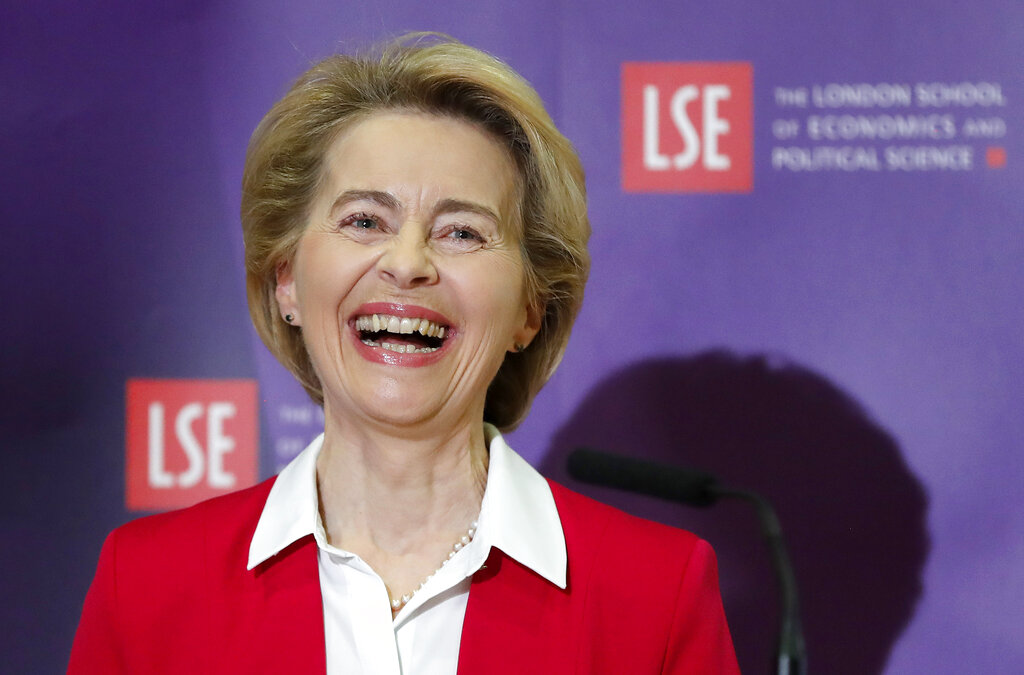European Union officials, including the European Commission president, commissioners, and MEPs, can now look forward to significantly higher salaries. However, the twist in the story is that the pay wages actually go against the European Commission’s own advice on the matter of pay raises.
In what critics say is another example of, “Do what I say, not as I do,” the EU commission has historically advised governments and the heads of labor and managerial organizations to avoid raising wages in the face of inflation. The commission’s advice on wage-seting is that nations and companies should avoid indexing wages to inflation, as that practice creates the conditions for a wage-price spiral and creates the conditions for further inflation,
In response, nearly all EU countries no longer take part in the practice, with the exception of Belgium and Luxembourg.
[pp id=47984]
The EU now claims that its own wage hikes are justified due to rising inflation in Belgium and Brussels. The inflation rate is automatically included into the salaries of EU officials. For Brussels, it currently stands at just over 7 percent.
According to the European Commission’s plans, EU officials will receive almost 7 percent more pay. The salary increase is to apply retroactively to July 1, reports Germany’s Bild newspaper.
In concrete terms, this means that Commission head Ursula von der Leyen (CDU) will receive around €2,000 more per month in the future, while an MEP will receive €623 more, and an EU commissioner can count on a salary increase of €1,460. The increase alone will account for an extra €98 million in spending for 2022.
As Remix News has previously reported, many wealthy EU officials and politicians have advocated for more sanctions on Russia, saying Europeans can make “sacrifices” to support Ukraine, such as left-wing MEP Guy Verhofstadt, reportedly one of the wealthiest MEPs in the entire EU. Despite his enormous wealth, he will also be benefitting from a wage hike that will increase his already substantial salary.
In addition to high salaries, EU officials have numerous other privileges. For example, they receive expatriation allowances, a high child allowance, furniture allowances, and a household allowance.






